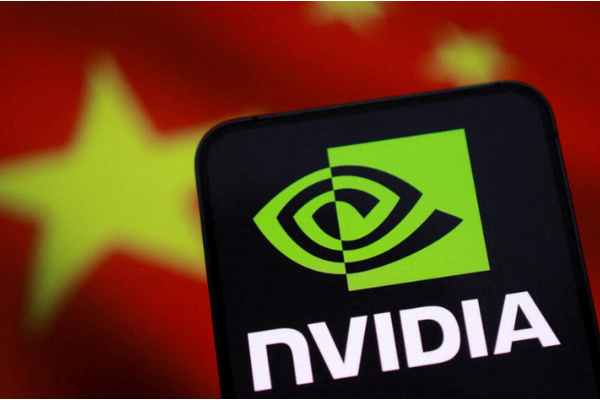Perplexity AI to acquire Google Chrome for $34.5 billion
On August 12, the Wall Street Journal reported that Perplexity AI, an artificial intelligence search platform, had made a $34.5 billion acquisition offer for Google's Chrome browser, aiming to challenge its dominance in search.
Perplexity's offer far exceeds its own valuation, estimated at $18 billion. Perplexity stated that several investors, including several major venture capital funds, have agreed to fully support the deal.
If the deal goes through, it would be a rare example of a large-scale acquisition of a core internet asset by an AI company.
Founded in 2022 and headquartered in San Francisco, Perplexity recently launched its self-developed web browser, Comet, to a limited number of users. Perplexity is best known for its AI-powered search engine, which provides users with concise answers and links to original sources on the web.
Perplexity is in the midst of a battle for dominance in the field of generative AI, where companies including Meta and OpenAI are offering high salaries and signing bonuses to top engineers. Tech giants invest tens of billions of dollars annually in AI infrastructure to build large language models and run massive workloads, while startups raise billions from venture capital firms, hedge funds, and tech giants to cover the hardware and labor costs needed to compete.
Earlier this year, Meta approached Perplexity about a potential acquisition, but the two parties failed to finalize a deal.
The US Department of Justice filed an antitrust lawsuit against Google in 2020. US District Judge Amit Mehta ruled last year that Google illegally monopolized the search market and is expected to rule this month on how to restore competition.
Mehta is considering whether to force Google to sell Chrome to weaken its monopoly on web search. In addition to potentially forcing Chrome to sell, the judge is also considering measures such as limiting the fees Google pays to be the default search engine on devices and browsers and requiring it to share data with competitors.
When weighing possible remedies earlier this year, Mehta questioned the extent to which emerging AI chatbots were undermining Google's traditional search business, where Google holds a 90% market share.
Google proposed a more limited set of remedies, including revising its exclusive agreements with Apple, Mozilla, and Android to allow for more competition. Google also said it would appeal the judge's ruling.
Google has not indicated any intention to sell Chrome. Sundar Pichai, CEO of Google's parent company, Alphabet, testified this year that forcing companies to sell or share data with competitors would harm Google's business, discourage its investment in new technologies, and potentially create security risks. Chrome has approximately 3.5 billion users worldwide and holds over 60% of the global browser market.
Perplexity stated in a letter to Pichai that as part of the proposed acquisition, it would continue to maintain and support Chromium, the open source project that powers Chrome and other browsers. Furthermore, Chrome would continue to use the Google search engine by default, but users would be able to change the settings. Perplexity's proposal to acquire Chrome is intended to meet the highest public interest in antitrust regulations by handing Chrome over to a capable, independent operator.
Some analysts believe the judge is unlikely to force Google to sell Chrome, although he has not explicitly stated this. In his closing arguments earlier this year, he asked whether this approach would be "simpler and more elegant" than other remedies aimed at improving search competition.
Media analysis suggests that Perplexity's acquisition proposal may be an attempt to show the judge that potential buyers are available in the market should he order a sale.











